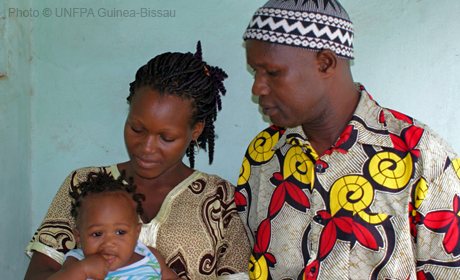Data Menu
-
Country Pages
-
Asia & the Pacific
- أفغانستان
- بنغلاديش
- بوتان
- كمبوديا
- الصين
- الهند
- إندونيسيا
- إيران (جمهورية - الإسلامية)
- جمهورية لاو الديمقراطية الشعبية
- ماليزيا
- جمهورية الملديف
- منغوليا
- ميانمار
- نيبال
- باكستان
- بابوا غينيا الجديدة
- الفلبين
- سري النكا
- تايلند
- تيمور الشرقية
- فييت نام
-
Eastern Europe & Central Asia
- ألبانيا
- أرمينيا
- أذربيجان
- بيلاروسيا
- البوسنة والهرسك
- جورجيا
- كازاخستان
- Kosovo Office
- قيرغيزستان
- مولدوفا، جمهورية
- مقدونيا الشمالية
- صربيا
- طاجيكستان
- تركيا
- تركمانستان
- أوكرانيا
- أوزبكستان
-
Arab States
- الجزائر
- جيبوتي
- مصر
- العراق
- الأردن
- لبنان
- ليبيا
- المغرب
- عمان
- فلسطين
- الصومال
- السودان
- الجمهورية العربية السورية
- تونس
- اليمن
-
East & Southern Africa
- أنغولا
- بوتسوانا
- بوروندي
- جزر القمر
- Congo, the Democratic Republic of the
- إريتريا
- إسواتيني
- إثيوبيا
- كينيا
- ليسوتو
- مدغشقر
- الملاوي
- موريشيوس
- موزمبيق
- ناميبيا
- رواندا
- سيشل
- جنوب أفريقيا
- جنوب السودان
- تنزانيا، الجمهورية المتحدة
- أوغندا
- زامبيا
- زمبابوي
-
Latin America & the Caribbean
- الأرجنتين
- بوليفيا (دولة - المتعددة القوميات)
- البرازيل
- شيلي
- كولومبيا
- كوستاريكا
- كوبا
- الجمهورية الدومينيكية
- الإكوادور
- السلفادور
- غواتيمالا
- هاييتي
- الهندوراس
- المكسيك
- نيكاراغوا
- بنما
- باراجواي
- بيرو
- أوروغواي
- فنزويلا (جمهورية - البوليفارية)
- Caribbean (multi-country)
-
West & Central Africa
- بنين
- بوركينا فاسو
- كابو فيردي
- الكاميرون
- جمهورية إفريقيا الوسطى
- تشاد
- Congo
- كوت ديفوار
- غينيا الإستوائية
- الغابون
- غامبيا
- غانا
- غينيا
- غينيا-بيساو
- ليبيريا
- مالي
- موريتانيا
- النيجر
- نيجيريا
- سان تومي وبرنسيبي
- السنغال
- سيراليون
- توغو
-
Country Menu

UNFPA Guinea-Bissau
Since its independence in 1974, Guinea Bissau has experienced chronic instability, armed conflict and socio-economic challenges. Poverty afflicts nearly 70 per cent of the people. There has been progress in increasing contraceptive prevalence, but maternal mortality remains high and HIV rates have increased. UNFPA helps sustain focus on quality reproductive health care such as family planning and emergency obstetric services, and assists in the procurement of essential commodities to prevent and treat sexually transmitted infections. Assistance with the census ensures accurate data for policies and programmes, while engagement with youth and women promotes respect for reproductive rights.
Data overview
View more
سكان
Population, by age group, per cent
 Population aged 0-14
Population aged 0-14 Population aged 15-64
Population aged 15-64 Population aged 65+
Population aged 65+
Sexual and reproductive health
Births attended by skilled health personnel, per cent, 2014-2019
 Births attended by skilled health personnel
Births attended by skilled health personnel
Family Planning
Proportion of demand satisfied with modern methods, women aged 15-49, per cent, 2022
 Modern method
Modern method
Education
Total net enrolment rate, percent
Gender, Rights, and Human Capital
Harmful Practices
Demographic Dividend: Guinea-Bissau
View more
Population Pyramid
females
males
Population in thousands
العمر المتوقع عند الولادة
Total fertility rate
Select year range
Year: 2018
Note: Years 2017 to 2100 are projected data.
i
Source: United Nations, Population Division, World Population Prospects: 2017 Revision
Dashboards available for Guinea-Bissau
Social Updates
Tweets from UNFPATürkiye